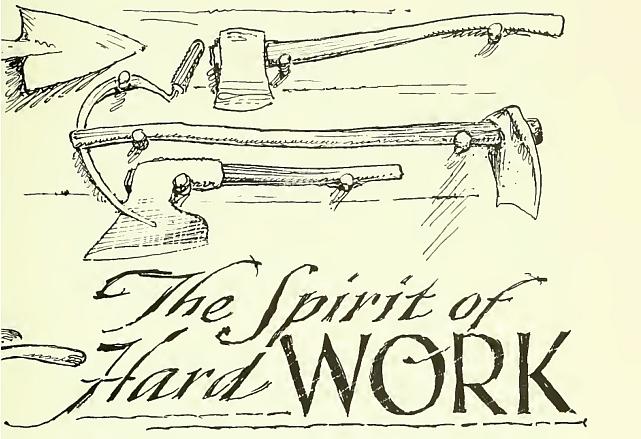This is part two of a 10-part series of reflections on Eric Sloane’s book on the bicentennial, “The Spirits of ’76.” Each chapter covers a different spirit of America.
“I’m not straightening ties for $4.50 an hour.”

“I’m not straightening ties for $4.50 an hour.”